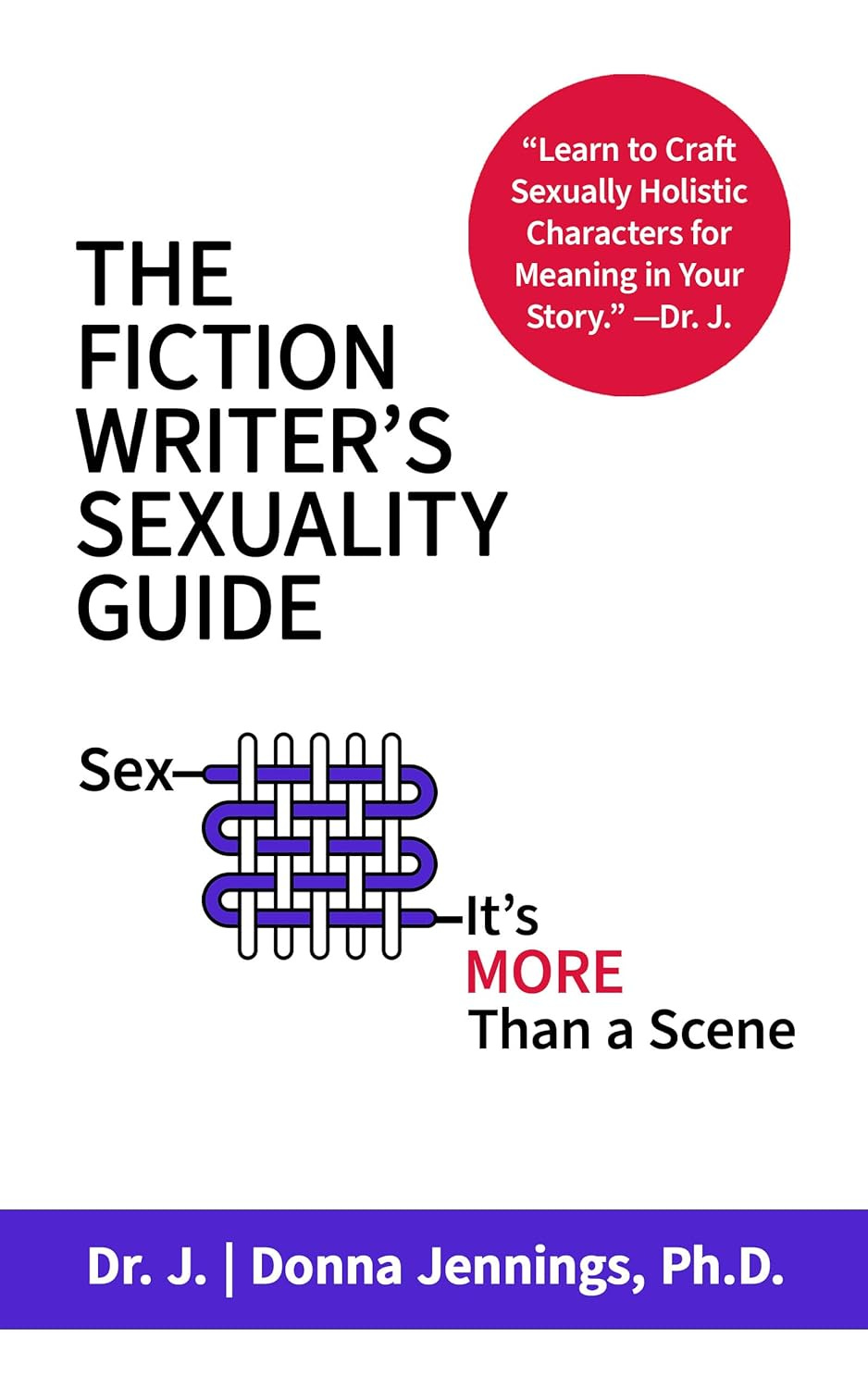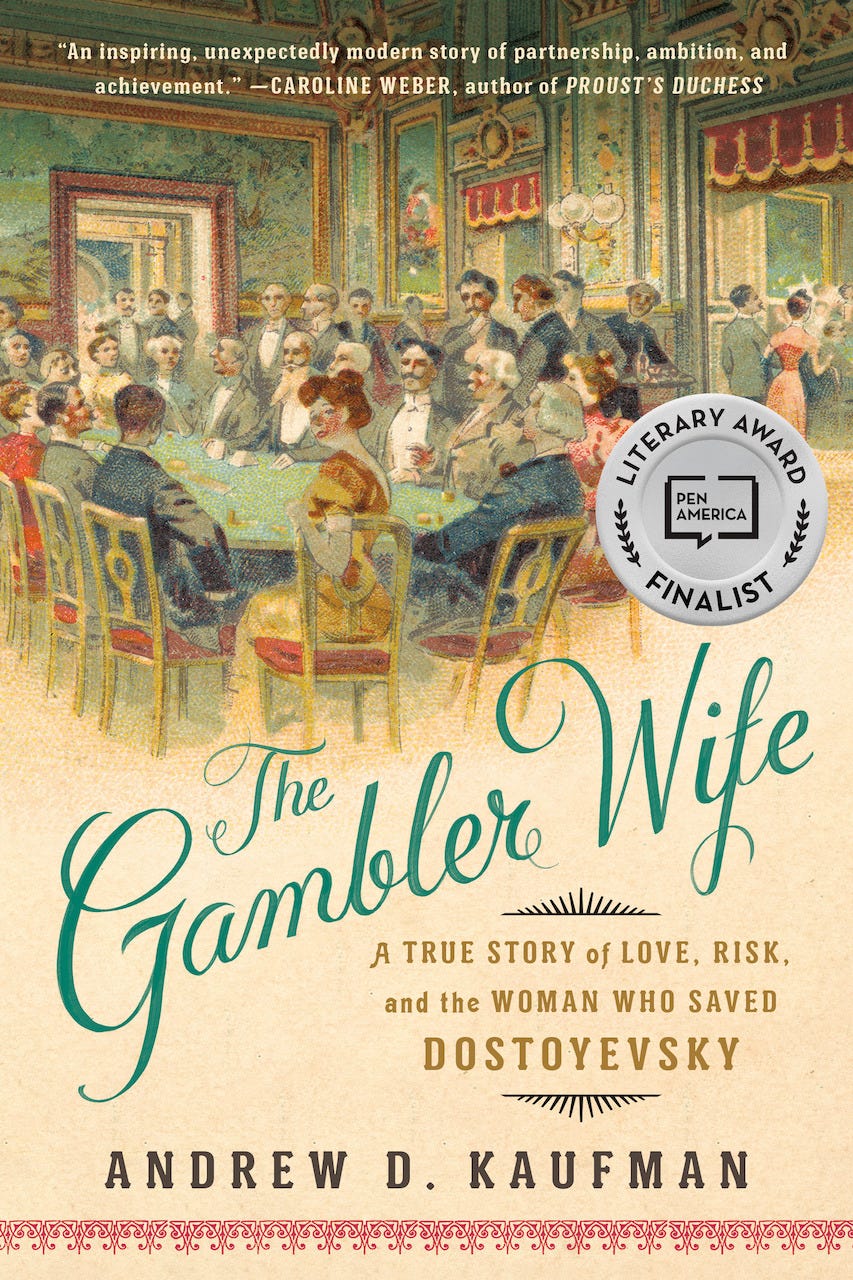Top Scams Authors Must Avoid and How to Protect Yourself
Tips and resources for writers. Let's discuss.

As an author navigating the online world of social media, marketing, and author platform activities, you need to be vigilant about various scams that can target your personal and professional life.
Here are some common scams to watch out for and how to handle them with linked resources and help:
1. Vanity Press Scams: How to Identify and Avoid Them
What to Look Out For:
- Offers from publishing companies that require a hefty upfront fee to publish your book. No legitimate publisher will ask for any money upfront.
- Promises of guaranteed bestseller status or unrealistic sales numbers. No one tactic will get you bestseller status or millions of sales. I do suggest promo bundling, but that’s a future post.
How to Handle:
- Research the company thoroughly. Look for reviews and testimonials from other authors. GTS - Google That Shit. There are plenty of blog posts, articles, and videos out there discussing suspicious companies. Take five minutes and see what there is to see.
- Join writing communities and ask for feedback about the company.
- Remember that legitimate publishers do not ask for large upfront payments.
More here ⬇️
Empower Yourself: Writer's Toolbox for Battling Trolls and Cultivating a Supportive Online Environment
You’re on X or Instagram, and someone leaves you a mean, nasty response. It’s weird. And upsetting. What did I ever do to them? you may be thinking. Writers can often be targets for trolls on social media, given the public nature of our work. My biggest piece of advice comes from Don Miguel Ruiz, author of
2. Spotting Fake Literary Agents on Social Media
What to Look Out For:*
- Agents who charge reading fees or demand payment before securing a deal. They get a 10-20% commission off you once you’re signed. Believe me, they get their money (and most earn it ethically).
- Agents who have no verifiable track record of successful client placements. Ask for verifiable links and examples.
How to Handle:
- Verify the agent's credentials through reliable sources like the Association of Authors' Representatives (AAR).
- Be cautious of agents who approach you unsolicited on social media. They could be completely legit, and several author friends have connected with agents that way, but I would definitely check them out thoroughly.
3. Protecting Yourself from Phishing Scams Targeting Authors
What to Look Out For:
- Emails or messages that appear to be from reputable companies but ask for sensitive information, such as your username and password, email associated with the account, etc., or payment.
Don’t give out that info to anyone. I see this daily on my accounts and client accounts—never, ever click. I have also received phone calls to my mobile about signing me with some random publisher. That’s a grifting tactic. Don’t fall for it.
- Links that redirect you to a fake website designed to steal your information. These phishing attempts scare us; “Your Page will be deleted for violating the blue bunnies in space guidelines - click here to save your Page!”
All lies.
How to Handle:
- Never click on suspicious links or provide personal information. When clients have done so, it can be extraordinarily difficult to get your account back (and customer service is a contradiction in terms).
- Use two-factor authentication on your accounts to enhance security. You know, the kind where they send you a code via email or text. It's good protection.
4. Avoiding Book Promotion Scams: Tips for Authors
What to Look Out For:
Services promising high sales and reviews for a significant fee—I’ve seen a starting fee of $10K and up to $30K. As a book marketing consultant vetted by many of the companies listed below, I caution anyone who guarantees high sales and/or tons of legit reviews. Ask for proof.
I was just sent “a limited-time offer to make your new release a bestseller guaranteed, so hurry and book us today for $10K for a one-month promotion of your new book!” Now, that might fit someone’s budget, but certainly not mine.
If money isn’t an issue, and you might be tempted, again, do your due diligence. Bestseller promises make me nervous. It’s just not that easy, y’all.
As for reviews, it’s normal to be asked to pay a small admin fee when you sign up for a review site, and that’s ethical. If they guarantee 5-star reviews, however, run.
- Companies that guarantee a spot on bestseller lists. Whatever they’re doing to get you to that point could end up getting your author account suspended (e.g., on Amazon or Barnes & Noble). Ask what their process is to learn more and see if it’s a good fit for you.
How to Handle:
- Research the promotion service and look for genuine reviews. (Reddit doesn’t mess around. You get real people sharing their experiences.)
- Be skeptical of services that guarantee results, as genuine marketing requires effort and cannot promise outcomes.

5. Recognizing Fake Competitions and Awards
What to Look Out For:
- Contests that charge high entry fees and have no clear benefit or reputation. As a new author, it can be very tempting to enter any award contest. Don’t do that.
Take a look at BookAwardPro - they have a free option, and all awards are vetted and updated daily.
- Awards that are given out without a rigorous selection process. It’s great to have a sticker on our books that shows it’s an award-winner, right? Make sure the award carries weight.
When I entered several contests with my first few books, I won first place in all of them. So did thousands of other authors. Sigh. We live, we learn.
How to Handle:
- Participate in well-known and reputable contests and awards.
- Verify the legitimacy of the competition by checking past winners and judges.
6. Dealing with Social Media Impersonation as an Author
What to Look Out For:
- Accounts that mimic well-known authors or publishers to solicit money or information.
- Impersonators asking for payments for services or donations. I’ve been getting lots of emails asking me to be a guest on so and so’s podcast or YouTube channel.
They’re somewhat famous people (e.g., one is a supposedly famous bodybuilder who wanted me on his show—I mean, seriously? I was an elite gymnast in high school, but yo, I’m 60 now, so…), and when I looked him up, he’s about 90 years old and not on social media at all.
Their emails and messages use ego-stroking to reel you in. Don’t be fooled.
- They also offer thousands if you agree to run an ad on your FB Page for their product or service. They’ll tell you they’ll only pay you if you provide your FB username and password, and PayPal info. So yea, no. Walk away.
How to Handle:
- Report impersonation accounts to the social media platform. Does it help to report? Doubtful, but it makes me feel better.
- Notify your followers about the impersonation to prevent them from falling victim.
7. Identifying Self-Publishing Scams
What to Look Out For:
- Companies that charge exorbitant fees for basic services like editing, cover design, and marketing. One popular business publisher charges a minimum of $10K as a base. And a lot of businesspeople pay it because they believe the publisher is legit. Read more here from WriterBeware.
- Promises of large profits with minimal effort.
How to Handle:
- Investigate the self-publishing company’s reputation.
- Compare services and fees with other self-publishing platforms.
8. General Tips for Authors to Stay Safe Online
- Stay Informed: Keep up with common scams by participating in author forums and online communities.
- Be Skeptical: If an offer sounds too good to be true, it probably is.
- Seek Legal Advice: Consult with a literary attorney before signing any contracts or making significant payments. I also recommend DMCA Wizard for copyright advice and help.
- Educate Yourself: Learn about the publishing industry to better understand legitimate business practices.
Useful Links and Resources
Vanity Press and Publishing Scams
Literary Agents
• Association of Authors' Representatives (AAR)]
Phishing and Online Security
Book Promotion Services
• Jane Friedman Marketing Resources
Competitions and Awards
Social Media Impersonation
• Twitter Impersonation Reporting
Self-Publishing
General Writing Resources
• ALLi
• My Substack right here - free to subscribe (paid subs are always appreciated but never expected).
• DMCA Wizard articles - here’s a great article on keeping our intellectual property safe on socials.
The ideas presented here work if you use them. My goal is to help all writers be on the lookout for misinformation, scams, and phishing. Sadly, this is the world we live in.
Got a question? Email me at badredheadmedia@gmail.com or visit my site at badredheadmedia.com for more info.
Audio Spaces
• In case you missed it, listen to the recorded #BookMarketingChat audiospace with my very special guest, Dr. Donna Jennings, who is launching her new book, The Fiction Writer's Sexuality Guide: Sex—It's More Than a Scene.
It’s fantastic.
Click here now to listen.
• Join me in July for my once-monthly #BookMarketingChat on Wednesday, 7/3, at 2 pm pst/5 pm est with special guest Dr. Andrew D. Kaufman, author of The Gambler Wife: A True Story of Love, Risk, and the Woman Who Saved Dostoyevsky to discuss writing tips. His book was a PenAmerica finalist and is now being made into a film. Exciting stuff!
Click here now to set a reminder and add it to your calendar.
• #TheWriteLab Space with me and cohost @VennieKocsis! Join us every Thursday at 1 pm pst/3 pm est to discuss your author branding, socials, writing (of course), and marketing - FREE! Audio-only, recorded if you miss it.
Click here to set a reminder now for Thursday, June 27, at 1 p.m. PST Space. The topic is open Q&A.
Sponsor
💜 Thank you, Booklinker, my exclusive advertising sponsor for 2024! Free universal book links for all authors. It's super easy to use. And they have a fantastic blog here.💜
See you next week, and happy writing!







Great advice. Thank you.
What about Hybrid Publishing? This is becoming a legitimate way to publish, although I recommend researching the publisher to ensure they meet the criteria (only accept manuscripts at traditional quality standards), they have a sales team, their distributions include bookstores and libraries, can get trade reviews, etc.)